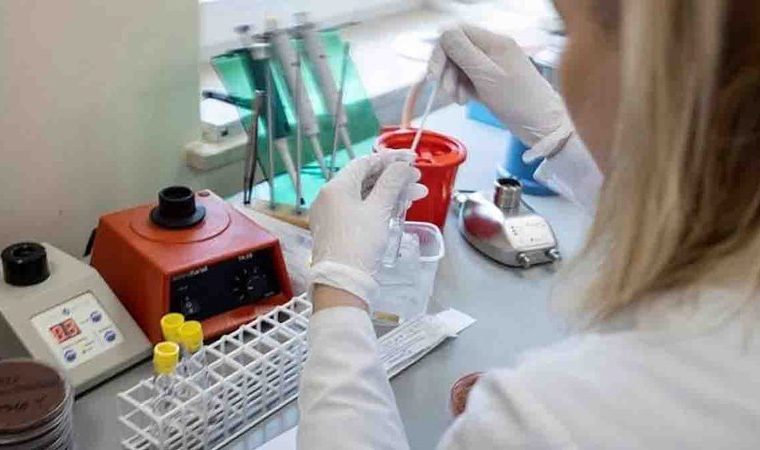
The SES-MS (Health Department of Mato Grosso do Sul) released the genomic mapping of the SARS-CoV-2 virus this Thursday morning (7), with only 10 confirmed cases of the delta variant of Covid in 4 municipalities. in the state. So, the P.1 variant, identified in Manaus, is predominant in MS and represents 43.3% of cases.
Unlike states such as So Paulo – which borders MS – where the delta variant accounts for 95% of confirmed cases, MS has a rate of only 2% of samples sent for analysis with this strain.
In MS, deltas were identified in the municipalities of Campo Grande, Corumba, Ladario and Ambai. The first cases were confirmed in September.
For Geraldo Resende, the state’s health secretary, the progress of vaccination in MS, which occupied the 1st place in the states with the highest percentage of people immunized against COVID, was essential to prevent the arrival of new variants in the state. “We had confirmed the presence of Delta in our area since July. Vaccination, mainly in 13 border municipalities, helped us and prevent Delta from spreading. Our strategy remains the same, in the application of a second dose or booster dose. To move forward. For the elderly and health professionals. The pandemic has not yet passed and we need to be aware of these types,” he declared.
MS. Circulating Variants in
epidemiological bulletin Theiridentified that Campo Grande is the largest municipality with a record of 13 types of variants, including Delta. Soon after, come the municipalities of Dorados and Chapadao do Sul, with six different types. The city of Tres Lagos also appears with the identification of at least five types. On the other hand, 10 municipalities: Anaurilandia, Batagusu, Carapo, Caracol, Caislandia, Gloria de Dorados, Jaraguari, Jatei, Juti, Laguna do not record the presence of Carapi variants.
After P.1, the most common types of MS are: P.1.7 (16.3%), B.1.1.28 (12.8%), B.1.1.33 (8.2%) and P..2 (12.2% ). they exist So farOthers, such as B1 (responsible for the outbreak in northern Italy in early 2020), B1.212 (South America), N.4 (Chile), P.1.2 (Brazil, Argentina, Netherlands, USA and Spain), A. 2.5.2 (Italy, USA and UK), B.1.1 (Europe), B.1.1.247 (Northern Europe and Africa and The Gambia in West Africa) B.1.1.274 (England, Thailand, Russia and USA), B.1.1.44 (UK, Denmark and Iceland) and B.1.240 (USA).
delta version
Runny nose, headache and sore throat are the most common symptoms reported by patients with the delta type of COVID. Loss of smell, loss of taste, cough and shortness of breath, according to doctors attending these cases, have no longer been reported in recent weeks.
Given similar symptoms, it is recommended that, on the third day of symptoms, the patient already undergoes an RT-PCR test to confirm or rule out this possibility.
So, basically, without the more classic COVID symptoms like loss of smell or taste, the patient more easily confuses it with the flu, however, the recommendations follow the same: use of masks, constant hygiene and avoidance Avoid.
According to doctors, in case the clinical condition worsens, the symptoms are similar to those of the P.1 variant, which is the predominant covid in Brazil.



